While the bulk of her generation opts for comfortable office gigs with all the perks, Valentina Stinga decided to go take a different route and get back to her roots. In every sense of the word.
The enterprising young Italian holds an MS in Marketing Management and has experience in various fields, from tourism to goods transport and social media management, but as it turns out, actual fields were her calling: she’s taken some disused family land in Casarlano – a small hamlet close to the stunning Bay of Naples in Sorrento, Italy – and turned it into a thriving small-scale organic vegetable farm.
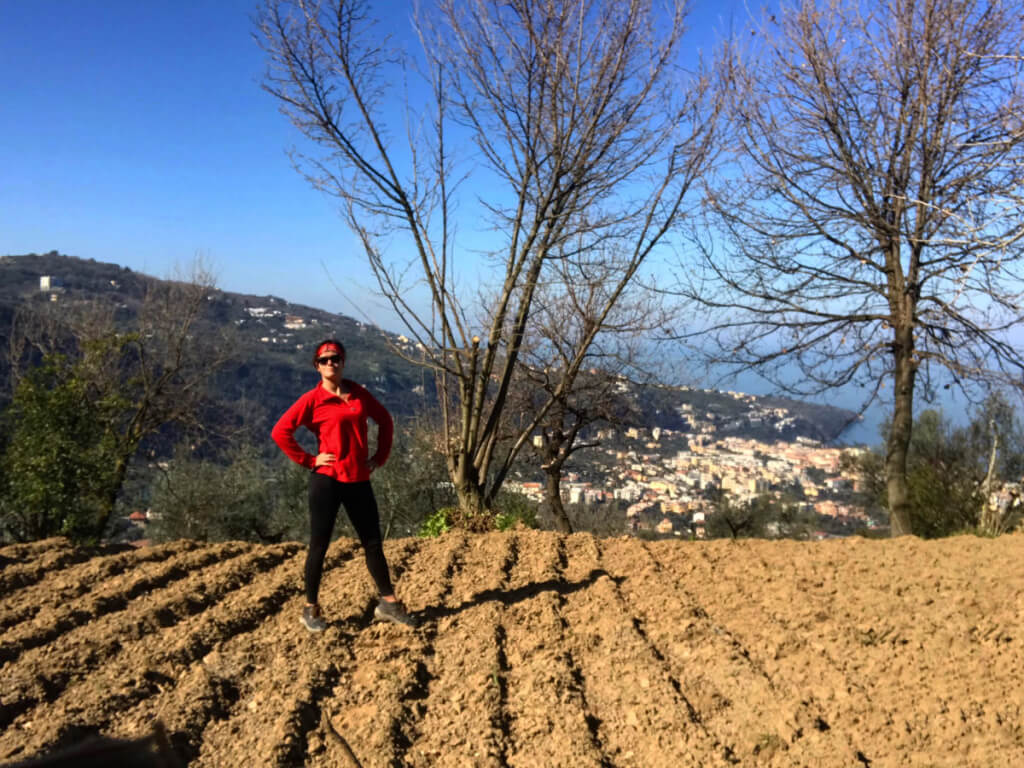
Stinga named her venture Rareche – “roots” in the local Neapolitan dialect – and is committed to using only natural, organic farming methods: for fertiliser she uses manure, while a homemade nettle leaf macerate serves as insecticide. Her helpers? She gets farming know-how from a friend who studied agriculture, and a bit of elbow grease is provided by the caretaker who has tended the lands for the family, but otherwise she’s doing it on her own.
In a country where, in 2018 alone, almost 130,000 people left their homeland in search of a better living abroad, Stinga’s decision to make her homeland her livelihood – literally – is increasingly rare. But it’s paying off. She’s already joined the Coldiretti (Italian farming organisation) of the Massa Lubrense area as regional manager, begun teaching and mentoring other young people to found their own agricultural startups, and won the “Green Oscar” award, given by the Coldiretti to recognise innovative young farmers. In May 2019, she’ll be appearing on the TEDx Conference Stage in Barletta to talk about her primary area of expertise: landfarming.
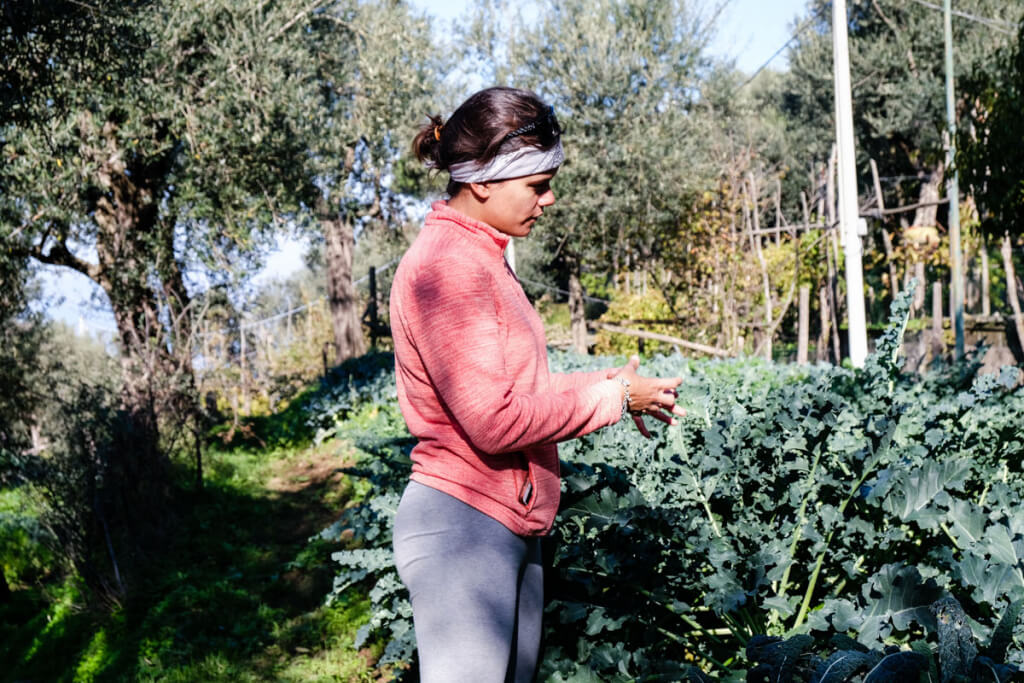
We chat with the rising star of Italy’s organic agriculture industry about the secret to her success – and what she’s learned along the way.
What the last straw for you – what made you say “no” to a desk job, “yes” to the farm?
After graduating from my studies in 2013, I decided to go home and work in the family business: goods transport. I spent a year and a half among trucks and truck drivers, but the lack of creativity in the job made me start looking elsewhere. I tried travel and tourism management, and ended up working on an Erasmus project for American students. After a while, someone ruthlessly said to me: “You’re not passionate about this job.” Nightmare. Panic. That mountain of certitude I was holding together with fake dreams and blurry plans collapsed miserably, all at once. I decided to start my master’s degree in social media management in Milan, so as to learn something new and thus feel alive again.
Right after that, the breakthrough came. I sat my father down and simply asked him: “Why don’t we restore our old property in Casarlano? I wouldn’t mind starting my own business, my own thing.”
A friend of mine who had recently studied agriculture agreed to help me develop this crazy project, with no expectation of success. He just came with seedling plants – 10 courgette and 15 black tomato – and we planted them out in my 7.5-acre (3-hectare) field in March 2017.
I personally didn’t know how to sow or support the plants in order to develop crops, but within two months, all these seedlings grew and bore fruit, so I started giving the produce away to half the residents of Sorrento in order to not waste all these goodies. And then I thought: “If people appreciate them, why not turn agriculture into my main business?” That’s how I started distributing my first crates of vegetables, in November 2017.
Since you couldn’t compete with large-scale or monoculture farmers in terms of quantity and know-how, what was your way of standing out from other producers?
Creativity and expertise in communication were the tricks up my sleeve. That’s why I decided to create a blog where I publish photos of my personal and working life on a daily basis. In so doing, I started figuring out the best ways to use or sell all my produce, to find new customers and help the business grow as much as my unstoppable “green allies”. Since I wasn’t able to predict the yields of the harvest, I came up with the idea of delivering a mixed crate containing surprise – but always seasonal – vegetables to my customers.
At the moment, your customers consist mostly of families in your region. How did you first find them?
The first purchases came by way of genuine word-of-mouth marketing, but in March 2018, the president of the Coldiretti farming organisation of our region, Massa Lubrense, called and asked if I wanted to become a member of the regional board; I ended up getting offered the role of regional manager. What was my answer? Yes, of course!
The odds were finally in my favour, and how! Since May that year, I’ve been featured on and interviewed in TV broadcasts at a national level, and the tremendous media exposure immediately translated into an increase in demand for my products. Rareche had finally found its place in the world.
My challenge now is to keep up with supplying the 25 families of regulars, counting only on my terraced farm and its crop rotation system, as well as to come up with new ideas in order to satisfy an almost endless waiting list of new customers.
What will your customers get this April in their Rareche basket?
Peas, broad beans, salad, cabbage and fennel. The courgettes will probably start being delivered by the end of April. My special veggie box is delivered by me in person, either on foot or with my mini truck, and it comes with an unsolicited loyalty reward for my clients: one of my mum’s unique recipes! What do I get as a bonus in exchange for it? A few other nonnas’ recipes and “old but gold” cooking and gardening tips.
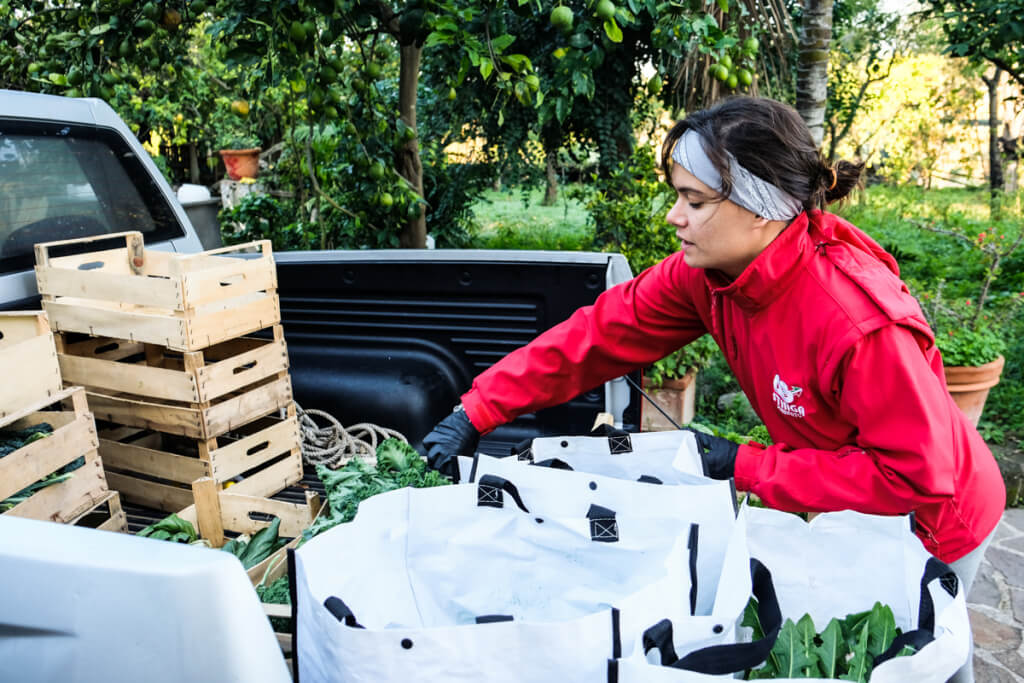
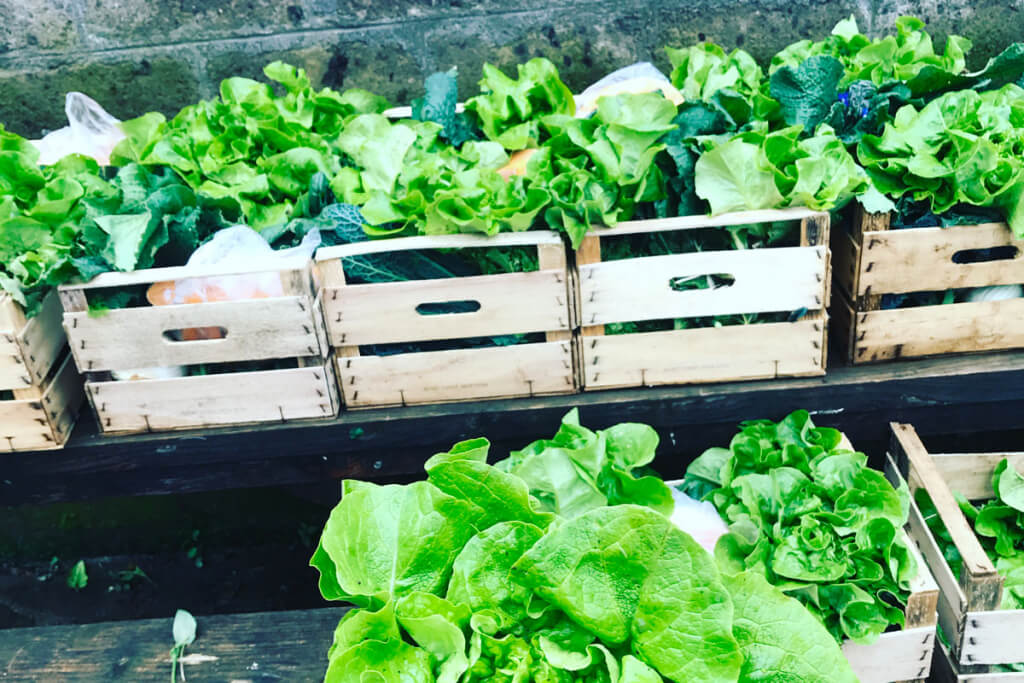
In a world where most people no longer have “jobs” but rather “professions”, how do you define yourself when telling others how you make a living?
I always give the same simple answer: I am a farmer. This usually leads to the following reaction: “Oh!” (surely implying an additional, yet unspoken series of other questions). I find that old ladies are the most curious and enthusiastic audience!
Your farming ventures don’t just consist of digging, ploughing, harvesting and sharing, but also organising extra activities – either on behalf of Coldiretti or your farm. What are your favourites?
Without a doubt the ones specifically tailored for children: whether it’s letting 8- and 9-year-old primary school pupils with social and family issues (parents in prison, etc.) guess what vegetable is hidden in a box just by touching it, or teaching them how to sow tomatoes using ashes as a natural fertiliser. There’s nothing as satisfying as their eyes brimming with joy when I let them take home their own small potted plant and take good care of it.
What has farming taught you that you never would have learned elsewhere?
Above all, patience. I have always had an impetuous side that made me want everything in the here and now. I had to start mastering the art of waiting, because there’s no way you can plant and harvest any single vegetable within a 10-day timeframe!
We all tend to think and act fast, sometimes even adopting the “deadline yesterday” approach from office culture, but if my clients ask me when they can get those white beans they need, and they don’t want to go to the supermarket to get off-season ones, I’ve finally learned how to stay calm, even if the realistic answer to their question is “in a month and a half”.
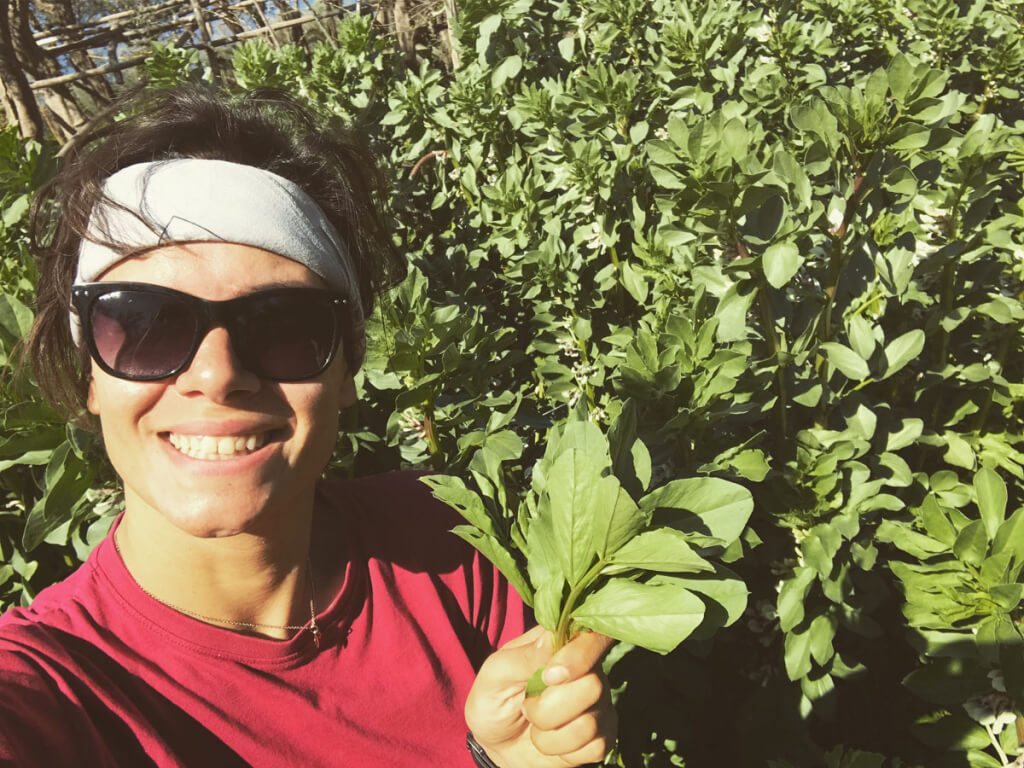
And what have you learned from your vegetables?
They taught me how to be clear and straightforward, because plants are not able to hide whether a certain disease is infecting them. They tell you exactly what they need – unlike humans, who don’t always share their problems or feelings. The sad thing, of course, is that sometimes you have to handle problematic situations that you may not be able to fix.
Is there any particular smell you can’t get enough of?
Onions and tomatoes, without a doubt, but mostly because their fragrance is so strong. However, it’s the smell of freshly tilled soil that I wouldn’t trade for anything in the world.
What are the pros and cons of job?
Cons: Unforeseen events, not only the weather-related ones, but sometimes even the complete lack of understanding of some people who don’t know how both Mother Nature and my business work. Pros: Being able to work in the fresh air, to plan the whole day however I want, as well as to wake up early in the morning, because it makes the day last longer!
Do you ever feel like you’ve given up something to live the agricultural life?
I probably gave up a career in a multinational company, maybe a big car, even a private secretary and some extra benefits, but what makes me think that I made the right choice is the fact that I get excited every single day of the week, and I wouldn’t be able to drop all this for a higher salary. I can’t get enough of this feeling now.
Follow Rareche on Instagram for the latest updates.

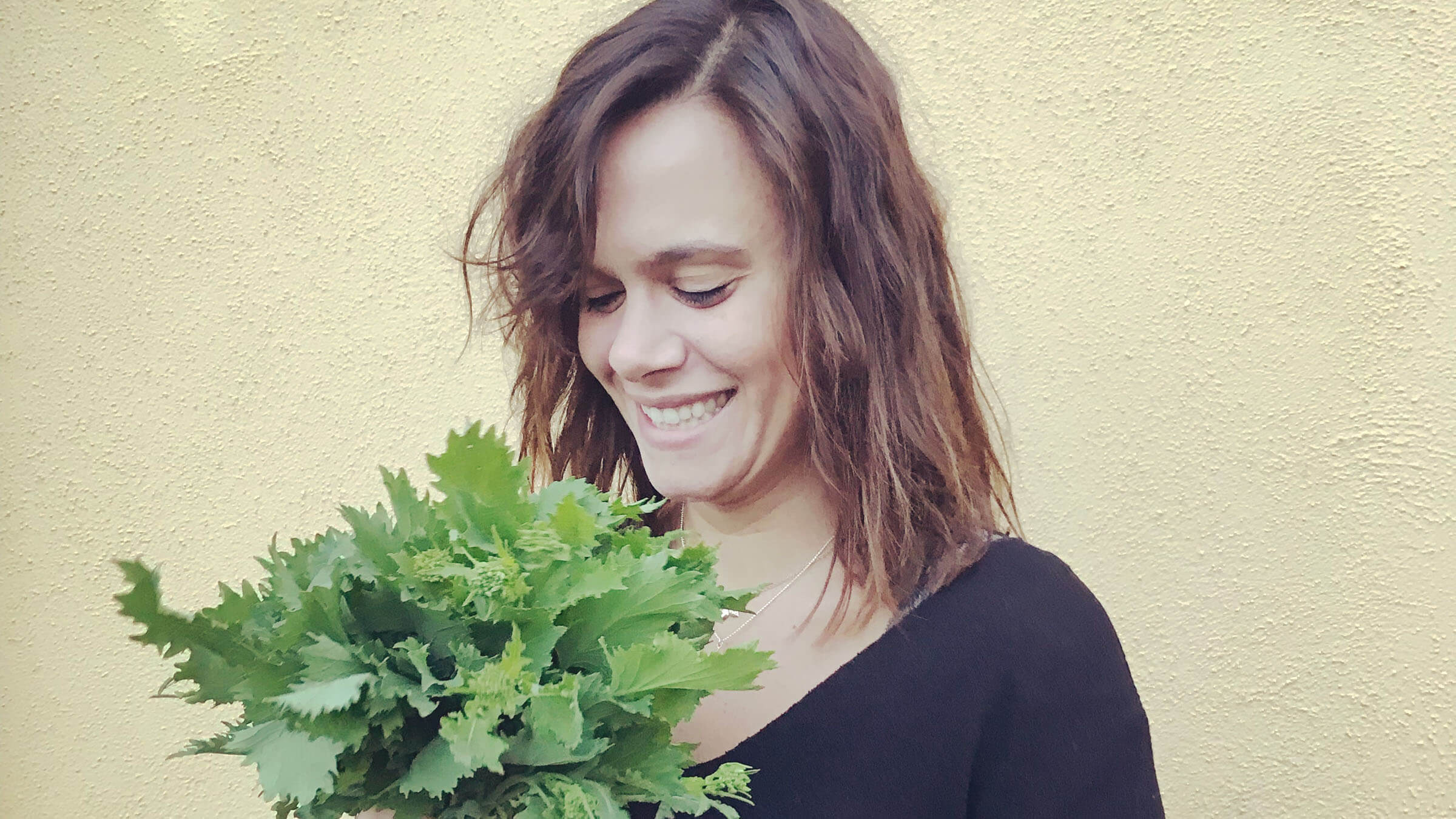

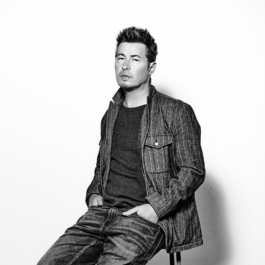




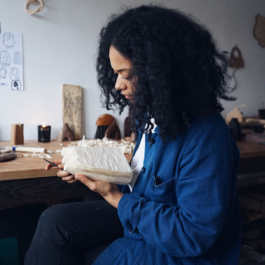
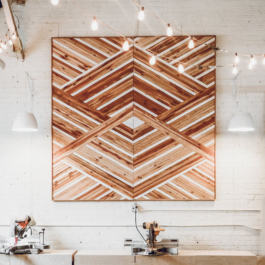
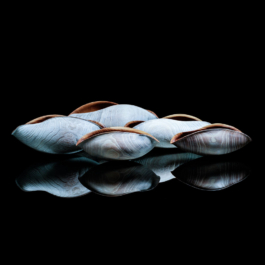
Sorry, the comment form is closed at this time.